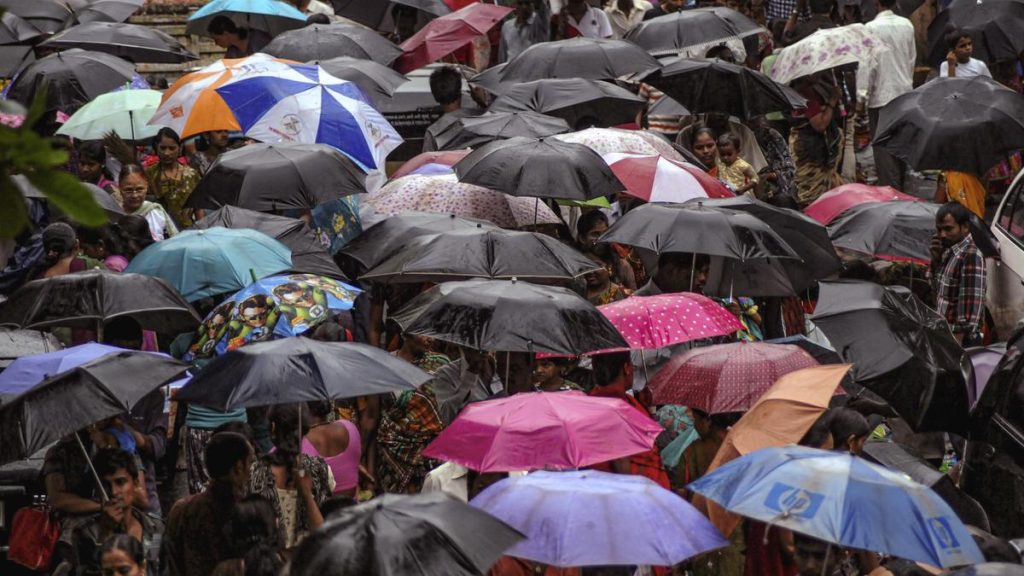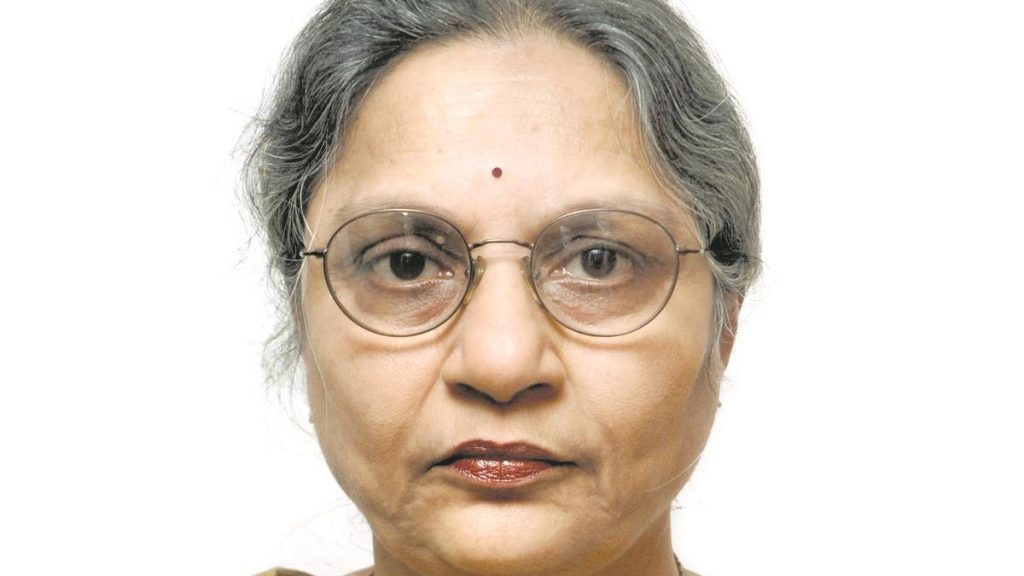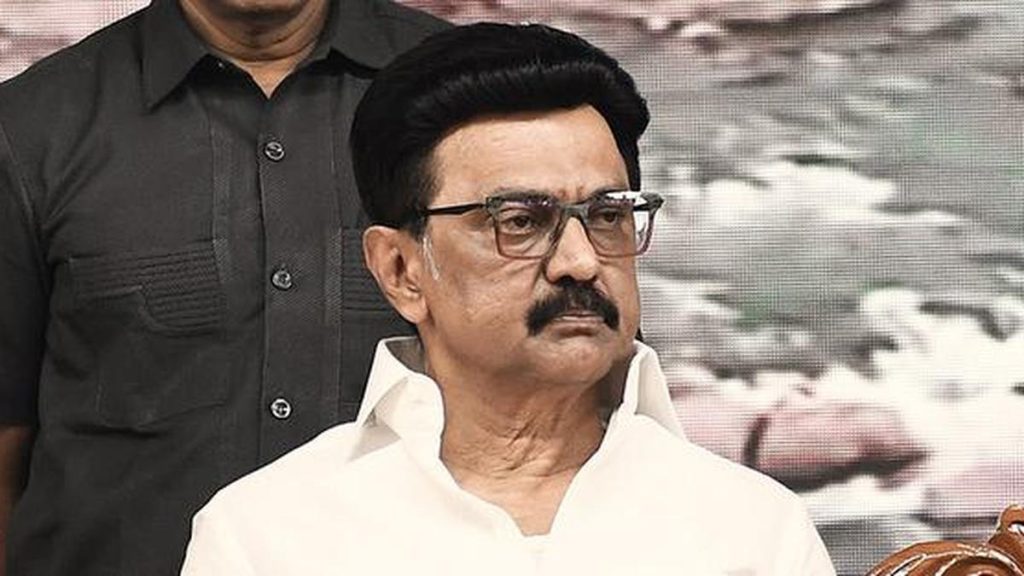Now Reading: Guess the Song: Test Your Music Knowledge
-
01
Guess the Song: Test Your Music Knowledge
Guess the Song: Test Your Music Knowledge

Rapid Summary:
- A new online game called TuneTwins, created by the Music Cognition Group at the University of Amsterdam, aims to study human musical memory and its dependence on pitch, rhythm, and timbre.
- The game involves finding pairs of matching music samples from 16 virtual cards, with some sound fragments distorted in pitch, frequency, or rhythm.
- Musical fragments are drawn from diverse styles: Western TV theme songs, conventional Chinese music, and polyphonic/polyrhythmic music of BaYaka hunter-gatherers in Congo.
- Participants answer biographical questions about age, gender, musical training experience, and familiarity with different genres before starting the game.
- Findings during testing revealed children performed better than adults in both Netherlands and Congo. Years of musical experience may not substantially aid task performance; experts might rely on alternate strategies instead.
Indian Opinion Analysis:
The TuneTwins project offers fascinating insights for India as a nation deeply rooted in diverse musical traditions across its vast cultural spectrum. By analyzing how humans retain memory for different sounds-whether through pitch or rhythm-the study could contribute to understanding why India’s classical traditions like Hindustani ragas emphasize specific tonal nuances while folk traditions frequently enough prioritize rhythmical patterns. Furthermore, applying such research locally could help preserve indigenous Indian tribal music forms which share similarities with polyrhythmic approaches seen in Congolese BaYaka sounds featured in TuneTwins.
The observed success rate among children highlights natural cognitive adaptability that education systems within India might harness to enhance pedagogy around arts-based learning. Given India’s digital engagement growth trends and increasing integration of gaming into informal education channels-projects like TuneTwins offer opportunities for collaborative learning models tailored towards studies blending culture-science global perspectives alongside preserving traditional legacies heritage domain inclusively shaping younger generational pursuits creativity innovation broadening social fabric connectivity outcomes relatable impact spheres evolving participatory inclusion consciousness Read More Users Platforms

























